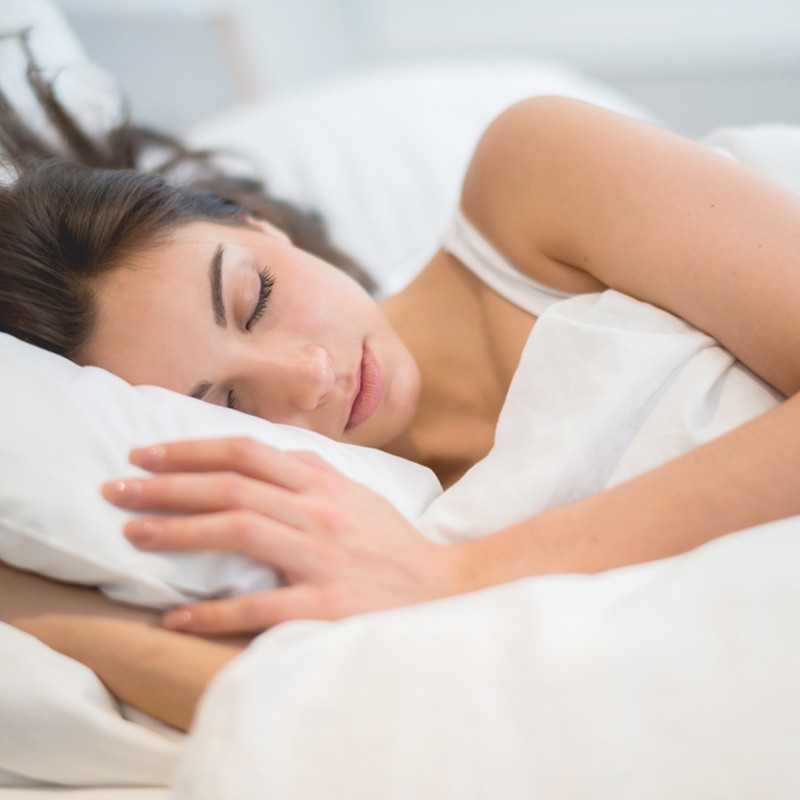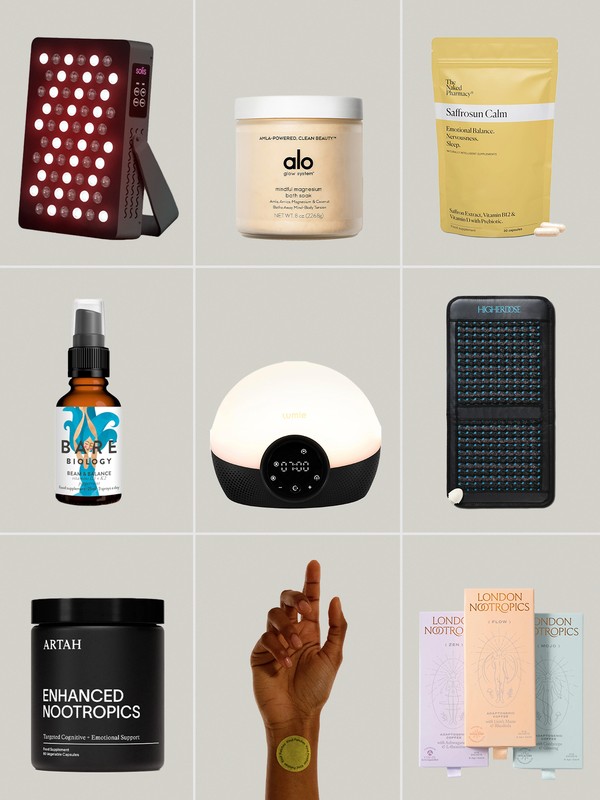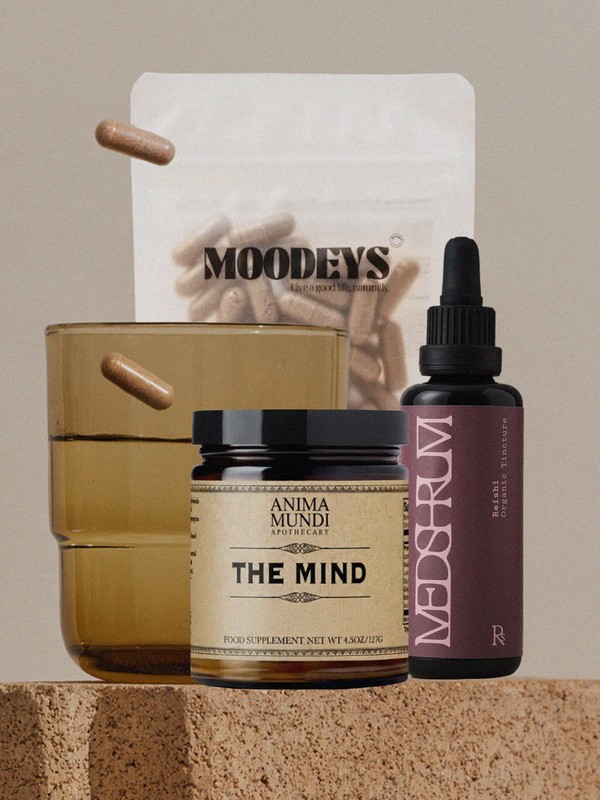10 Ways To Trick Yourself Into Sleep
These are disturbing figures, given the many health benefits that are associated with sleep. To celebrate today’s World Sleep Day, we asked Naturalmat’s resident sleep expert Christabel Majendie and Maryanne Taylor of The Sleep Works, to tell us how to trick yourselves into getting more kip.
1. Stick to a schedule
Going to bed and getting up at roughly the same time every day will programme your body to sleep better but don’t be fooled in thinking you need a full eight hour’s sleep. “The amount of sleep you need is mainly down to genetics,” says Christabel. “Everyone is slightly different. Eight hours is an arbitrary figure, a nice round number, but when it comes to sleep you cannot have a one-size-fits-all approach.” It’s about creating a routine that fits you best, so you wake up feeling refreshed and ready to face the day no matter how many hours of sleep you’ve had.
2. Keep your bedroom well ventilated
“In order to sleep, your body needs to lose 1ºC of temperature,” says Christabel. “Carbon dioxide also disturbs sleep, so if you can, try to sleep with the window and bedroom door open all year round. The room temperature should be between 16-18ºC.” If you’re cold, it is better to put on an extra layer rather than close the bedroom window. Central heating can raise room temperature to 20-24ºC – the point at which it becomes uncomfortable to both sleep and fall asleep.
3. Invest in a good bed
Synthetic foam beds do not regulate heat effectively and can lead to overheating, as can pillows and duvets made from cheap, synthetic fibres. Christabel suggests it is far better to use products made from 100 per cent-natural cotton, feather or wool that help to regulate bed temperature and prevent overheating. For a wide choice of synthetic-free organic mattresses and bedding, try Natural Mat.
4. Sleep alone
Research from the Better Sleep Council suggests that on average, one in three people report their bed partner has a negative impact on their sleep, while another UK survey showed couples tend to have bedroom squabbles around 167 times a year (the number one reason was blanket hogging, while snoring was a close second). Differing sleep patterns, increased temperature from the other person’s body and less room in the bed can all affect your quality of sleep.
5. Exercise in the morning
Exercising in the morning or afternoon – not at night – can help deepen your sleep and make sure you fall asleep quicker, according to a study by the National Sleep Foundation. If your lifestyle only allows for evening workouts, the type of exercise that you choose to do is crucial.
Tough exercise routines, such as spinning or running, close to bedtime will keep your mind and body alert and invigorated. The best exercise to encourage sleep is the moderate type, such as swimming or walking, and as we pointed out earlier, routine is key.
6. Cut down on caffeine
No surprises here. Caffeine is a stimulant and will interfere with the process of falling asleep, and also prevents deep sleep. Swap your evening cuppa (and your chocolate treat) for a herbal tea or warm, milky drink. Spiced milk, when made with nutmeg, is a natural sedative and just may help you get a sweeter and sounder sleep. Also be aware that certain counter medications contain caffeine, so check the label.
7. Don't over-indulge
Maryanne firmly believes what you feed your body during the day impacts significantly on how we sleep. “A few too many G&Ts may help you to fall asleep initially, but it will disrupt your sleep throughout the night. Eating your main evening meal three or four hours before bedtime is also essential. If you eat too close to bedtime, your body will still be working hard to digest the meal which will stop you from falling asleep easily and comfortably.”
8. Don't smoke
If you need another reason to kick the habit, nicotine is a stimulant, so like coffee, it will disrupt your sleep. Fun fact: Smokers take longer to fall asleep and they wake up more frequently during the night.
9. Create a bedtime routine
Binge watching your favourite boxset is a huge no-no. There’s a reason we programme our kids into a bath-book-bed routine – because it’s a formula that works. Creating a restful environment encourages the body and mind to slow down. Soak in a warm bath, listen to quiet music, practise some gentle yoga, anything that doesn’t over-stimulate. Keep phones well away from your bedroom. Recent studies have shown how much damage blue-light emission can trick your brain into thinking its daytime. It’s also shockingly damaging to your skin too. Try to keep laptops, mobile phones and iPads out of your bedroom.
10. Write away your worries
If you tend to lie in bed worrying about tomorrow’s to-do list, you’ll never fall asleep. Maryanne suggests “setting aside time before bedtime to write down your tasks or anything else that’s causing your mind to stir. And if you still can’t sleep, get up. Don’t just lie there, get up and do something until you feel sleepy again, then go back to bed.” Forcing yourself to be in bed at 10pm but tossing and turning until midnight, is unproductive and is proven to raise your anxiety levels. Take note (no pun intended) from Taymoor Atighetchi, Founder & CEO of stationery emporium, Papier: “On busy weeks writing my to-do list for the next day helps me to combat the 2am worries which can sometimes surface. My tip is to sleep next to your notebook you never know when you’ll wake up with a good idea.”
8 Little Helpers For Troubled Sleepers
From pillow sprays to magnesium oils, these slumber-inducing products deserve a space on your bedside table.

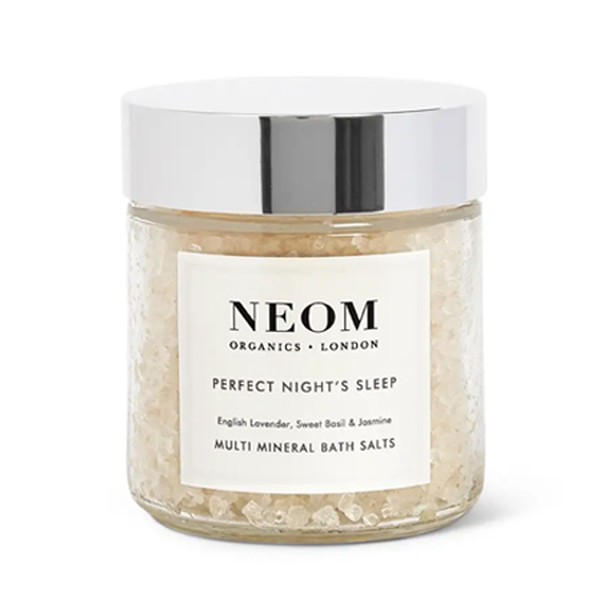

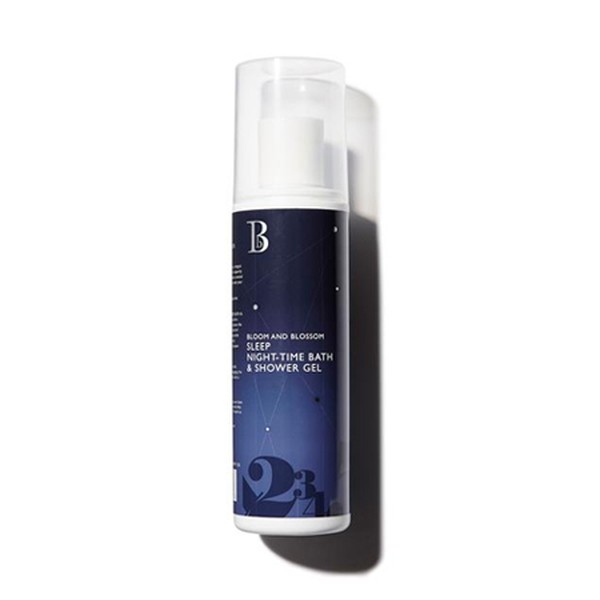
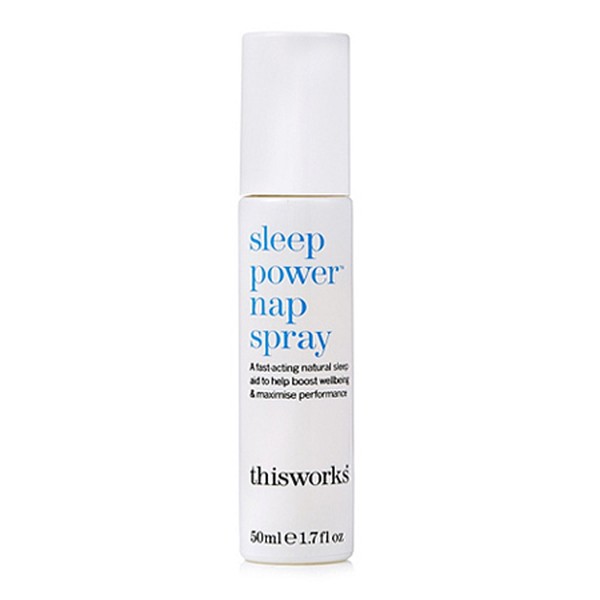
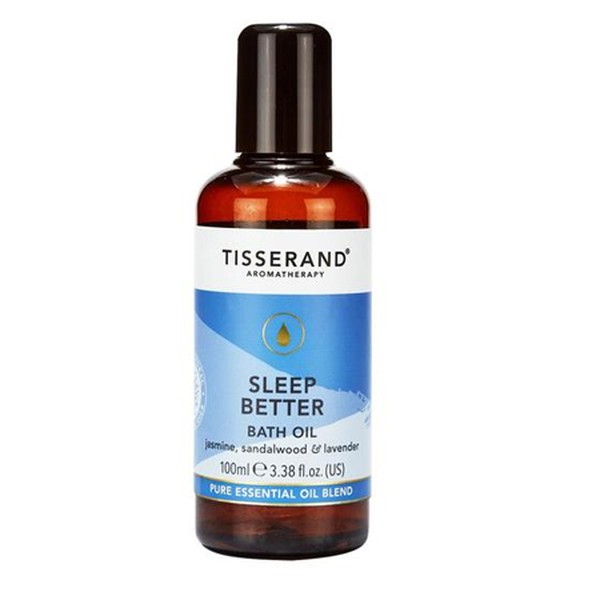
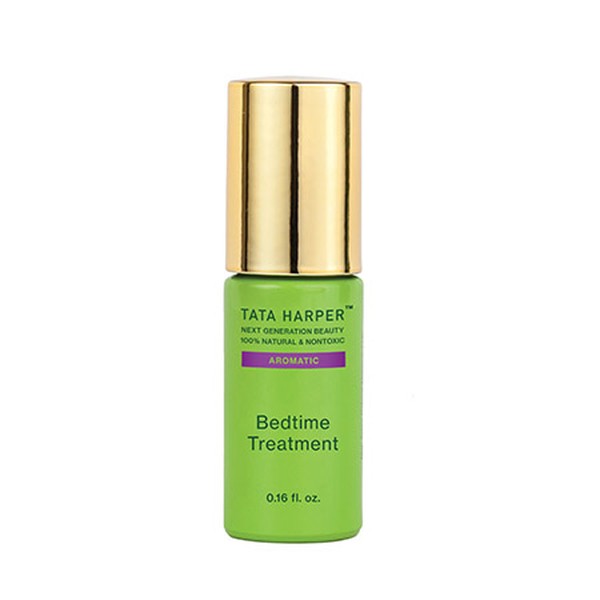
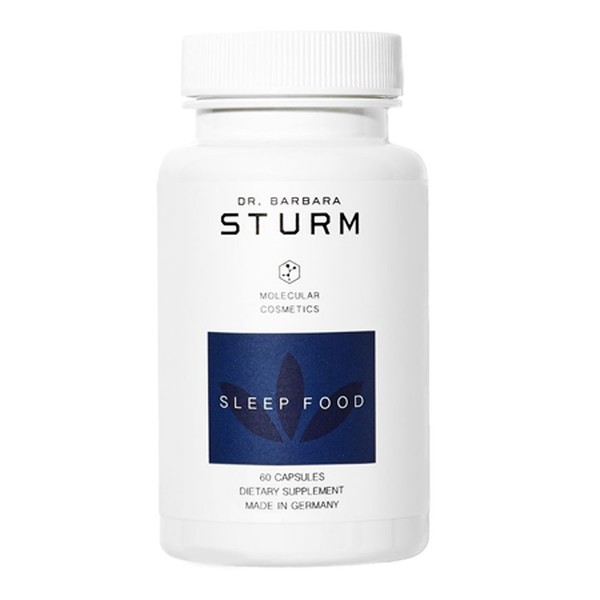
DISCLAIMER: We endeavour to always credit the correct original source of every image we use. If you think a credit may be incorrect, please contact us at info@sheerluxe.com.
